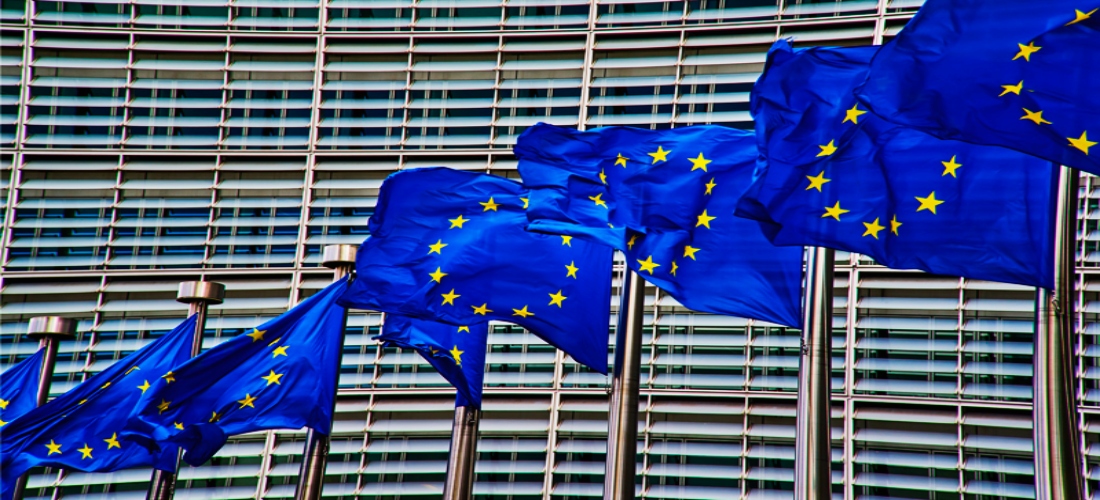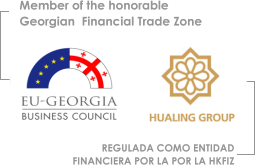NEWS

Parliament believes that the long-term budget must include EU own resources
MEPs want the EU to have its own sources of funding for the next long-term budget instead of relying on both country contributions.
On March 14, Parliament opened the debate on what the next long-term budget of the EU should be from January 1, 2021. MEPs approved a set of measures that, among other things, intend to change the way EU funding and pave the way for a system in which the Union has more own resources and cease to depend almost exclusively on the contribution that Member States receive.
"We, as Parliament, said we would not accept a new long-term budgetary framework without our own resources," Belgian Liberal Democrat Gérard Deprez said in an interview.
Together with the Polish Janusz Lewandowski of the European People's Party, Deprez has written a report on own resources, which is part of Parliament's position on the next multiannual financial framework.
The report proposes new sources of income, which include income through corporate tax, environmental taxes, a tax on financial transactions at European level, special taxes for companies in the digital sector and a VAT system reform.
The current system is too complex
Deprez said that the main reason for Parliament's firm position on having its own resources is the Treaty. According to the Treaty of Rome, it was planned that the EU will be financed through national contributions for a transitional period only, and subsequently through a system of own resources.
In addition, the Belgian MEP added, Parliament believes that the current system based on the gross national income of the Member States is "illogical and incomprehensible" and "complex because we have rebates and exceptions."
Currently, around 70% of the long-term budget is financed with contributions from countries and 12% through VAT, while 13% comes from other income, such as taxes paid by EU staff or fines paid by companies that violate competition laws.
Lewandowski said he would like to have at least one third of the budget financed with own resources. "Our philosophy is to say that each own resource must reduce the contributions of the gross national income so that it does not have the impression that it is being paid twice," explained the Polish MEP.
Checking the income
However, both MEPs stress that the introduction of own resources should occur "progressively" and not overnight. The new own resources would have to be reassessed frequently, particularly if they are an incentive, Lewandowski said.
For example, if a tax on plastic bags were introduced, in line with environmental concerns, it could cause a change in consumer behavior and a reduction in the number of plastic bags purchased.
To avoid volatility in the budget, both say that there must be several flows of own resources that are regularly monitored and adjusted.
On May 2, the President of the Commission, Jean-Claude Juncker, will present to the European Parliament the proposals of his institution for the next multiannual budget.
Lewandowski expects the Commission to propose between three and four new own resources: "We do not know what the candidates are, but surely there is a new attempt to modernize the revenue side of the budget."
Change of trading climate
During the last negotiations in 2011, Lewandowski was the European Commissioner for EU Budgets with the responsibility of reaching an agreement on the long-term budgetary framework. At that time he also proposed ideas for own resources.
"But there was a difficult climate around own resources. Last time there was a climate of austerity," he explained. This time, see an "opportunity for change."
Deprez, meanwhile, agrees that there is now a different climate in the EU with better public finances in many countries and where public confidence in the economy has returned.
During the April plenary session in Strasbourg (France), French President Emmanuel Macron emphasized in a debate that France wants the EU not only to have a larger budget, but will also push for the inclusion of own resources in the next talks.
"It is the ideal time to relaunch the European project and say what we want to do together. It is a new situation. This is not always the case, so we must take advantage of it," said Deprez.
The long-term EU budget
- In addition to the annual budget, the EU establishes a long-term budget for a period of at least five years.
- The current budget, which covers 2014-2020, amounts to 963.5 billion euros
- The Commission will present its proposals for the next long-term budget framework on May 2, with the hope that an agreement can be closed before the elections of the EU in May 2019.



